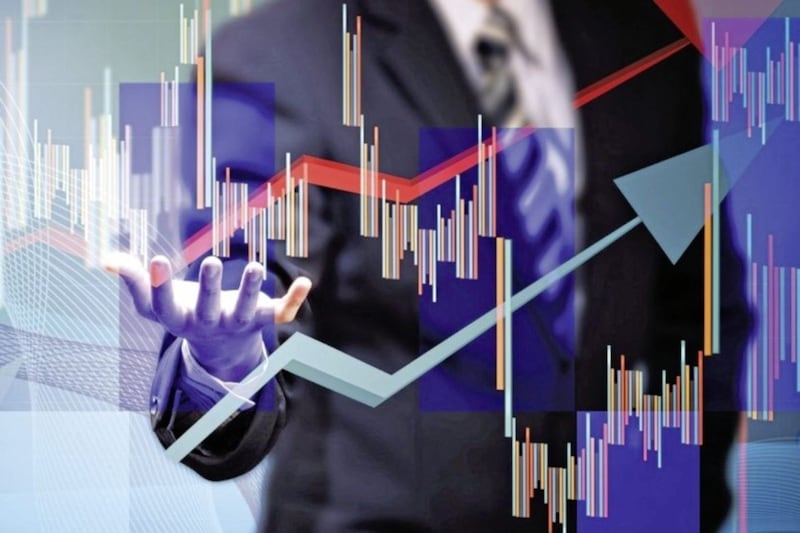The new week brings with it the comfort of the German Chancellor being elected for a fourth term.
However, the worrying trend of the surge in the far right (now the third largest party in Germany) reminds us that the path ahead is not without hazards. In France President Macron is about to unveil detailed proposals for Eurozone reform and Spain is facing an independence referendum for Catalan at the weekend. The escalating war of words between President Trump and Kim Jong-Un is extremely disquieting, as diplomacy appears to be in short supply. Here in the UK we are steeped in the political party conference season, with Labour doing a great deal of sabre rattling, taking advantage of the divisions and disagreements within the Conservative party. The real dilemma facing us all is of course navigating the treacherous Brexit route over the next few years – although this now seems likely to last rather longer than was originally envisaged.
Politics, while highly relevant, is not necessarily the most significant driver of stock markets. The global economy does of course have a vital role to play in this and we are currently receiving somewhat mixed messages. Growth across the globe is essentially positive, but modest and inflation is creeping up. Although inflation is still low in historic terms, there is an increasing awareness that as well as meaning negative real interest rates, the rise in prices combined with restraint in pay deals (the public sector being the most high profile), is causing a fall in the value of real wages and therefore consumers’ spending power. UK interest rates at 0.25 per cent are still standing at a historically low level and although the markets are now expecting a rise in coming months, the clear message is that it will be incremental.
Will the advent of higher interest rates lead to a dramatic move in the stock market? It seems unlikely, judging by past experience, particularly as we now operate in a far more open and communicative environment than we did before the Bank of England was given operational independence a decade ago. Firstly the bank has a clear and stated objective: to keep inflation at 2 per cent, thus reducing the fear that one interest rate rise will inevitably lead to more. It is also far more transparent than it used to be, signalling its intentions in advance, which allows markets to discount them. The market has been driven to some extent by the search for yield in this low interest rate environment, but a sudden flight back to cash seems unlikely as any rises seem likely to be gradual and well signalled. In fact the futures market is pricing in a three month interest rate of a modest 1.2 per cent by the end of 2020, hardly heralding a dash back to cash.
Since the start of September the market has edged slightly lower, but it is still trading comfortably within the range which has prevailed for most of this year. So far it has shrugged off the predictions of disaster, but any signs of global economic slowdown would still be a cause for concern.
Cathy Dixon is a director at the Belfast office of Cunningham Coates Stockbrokers, a trading name of Smith & Williamson Investment Management ( SWIM). This article does not constitute a recommendation to buy or sell investments and the value of any shares may fall as well as rise. Investments carry risk and investors may not receive back the amount invested. The views expressed are those of the author and not necessarily of SWIM.








